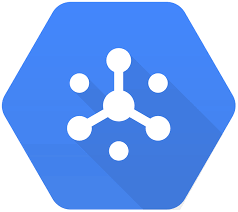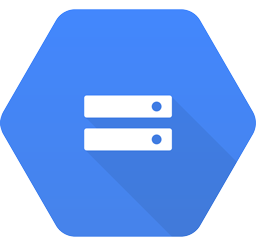Transitioning from Datastore to Firestore
Google Cloud Datastore has long been a reliable database platform, accessible directly from applications through API calls. However, Google is gradually phasing out Cloud Datastore in favor of its next-generation counterpart, Google Cloud Firestore. This article aims to guide you through each service’s key differences, advantages, and limitations to help you make an informed decision.

Understanding Google Cloud Datastore
Cloud Datastore offers robust data replication across multiple data centers, ensuring that query performance scales with the size of the result set. In simpler terms, the system remains efficient regardless of the volume of data it handles.
The platform has evolved into a strongly consistent product, offering both regional and multi-regional replication configurations.
When to Opt for Cloud Datastore?
Here are some scenarios where Cloud Datastore shines:
- Schema Flexibility: The database schema can be easily modified.
- Adaptability: The system is highly adaptable to various use cases.
- Scalability: It can scale down to zero, making it cost-effective.
- Affordability: The first 1GB of data storage is free.
- Transaction Support: It is a fully transactional database.
Comparative Overview: Cloud Datastore vs. Cloud Firestore vs. Relational Databases
| Concept | Cloud Datastore | Cloud Firestore | Relational Database |
|---|---|---|---|
| Category of Object | Kind | Collection Group | Table |
| One Object | Entity | Document | Row |
| Individual Data | Property | Field | Column |
| Unique ID | Key | Document ID | Primary Key |
Scaling Capabilities of Cloud Datastore
Cloud Datastore is engineered to automatically scale to accommodate large data sets. This ensures that applications maintain high-performance levels even under increasing traffic loads.
- Write Scalability: Datastore automatically distributes data to maintain optimal performance.
- Read Scalability: The system supports only those queries that scale with the size of the result set, ensuring consistent performance regardless of the data volume.
Limitations and Restrictions
While Cloud Datastore offers many advantages, it does have some limitations compared to traditional SQL-based relational databases:
- Query Constraints: Due to the reliance on pre-built indexes, the types of queries that can be executed are more restrictive.
- Lack of Join Operations: Cloud Datastore does not support join operations or inequality filtering on multiple properties.
Choosing between Google Cloud Datastore and Firestore involves weighing the pros and cons of each service. While Cloud Datastore offers strong consistency and scalability, Firestore represents the next step in Google’s database technology, offering its own set of unique features and advantages.




Recent Comments